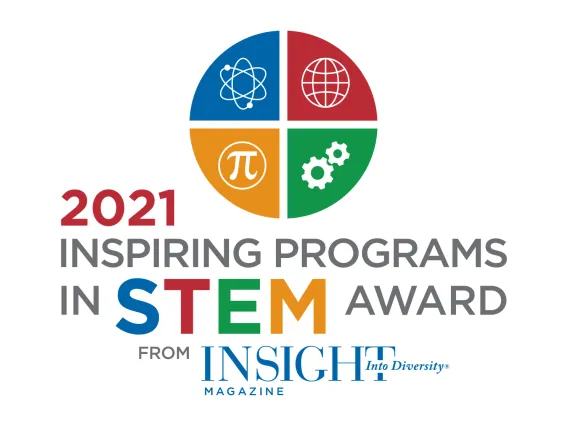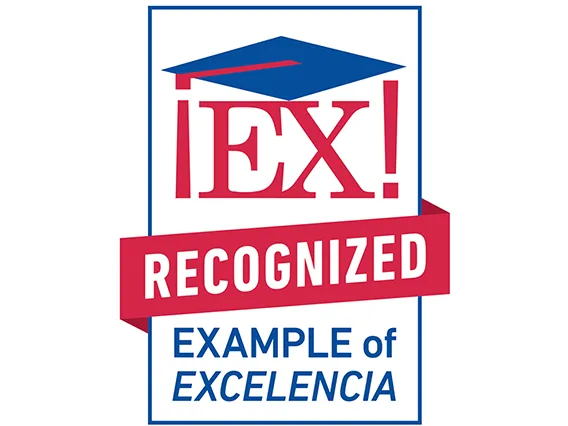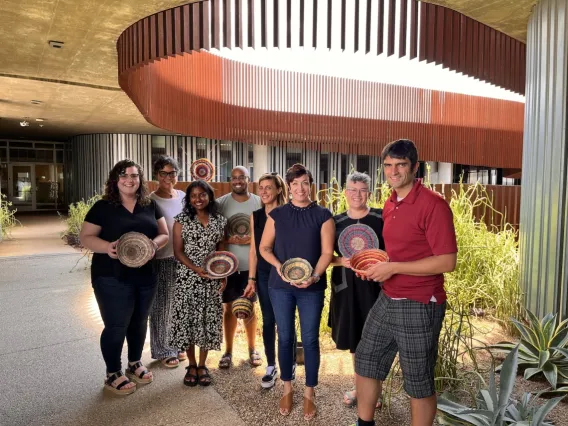Advancing effective and engaging practices in STEM
The STEM Learning Center is situated within the Office of Research & Partnership at the University of Arizona. We are a university-wide center that supports efforts to broaden participation in STEM. We do this through research on effective and engaging practices in STEM education at Research-Intensive Universities.
We offer expertise around project design, education research, evaluation, and implementation practices in higher education. If you are working on a grant proposal or project and are looking for resources on STEM education, need current data for project proposals, or just want to network and collaborate with like-minded groups or individuals, we can help.
Featured News
Awards

The University of Arizona ASEMS programs has been awarded INSIGHT Into Diversity magazine’s 2021 Inspiring Programs in STEM Award! Organizations who receive this prestigious award advance diversity, promote equality, and build a stronger U.S. workforce, through innovative programs and initiatives for current and future students, increasing the number of people from underrepresented groups entering STEM professions.
This award is a tribute to the people and programs that encourage and inspire a new generation of people to consider careers in science, technology, engineering, and math. ASEMS programs continues to make a significant difference through mentoring and teaching, research, and other efforts worthy of this national recognition.

Excelencia in Education, a national organization focused on accelerating Latino student success in higher education, recognized four evidence-based programs across the U.S.—including UArizona's Science, Engineering and Math Scholars (ASEMS)—as winners of its 2020 Examples of Excelencia award.
ASEMS provides services to support students in graduating with a STEM degree, focusing on students who are underrepresented in STEM, such as first-generation college students, students from low-income households, those who transferred from community colleges, and students from underrepresented groups, including ethnic minorities and students with disabilities.



